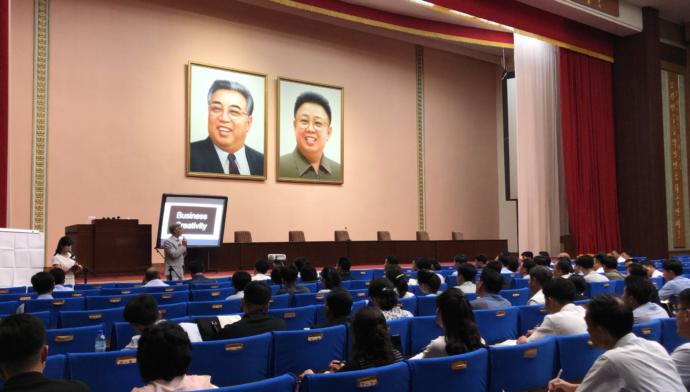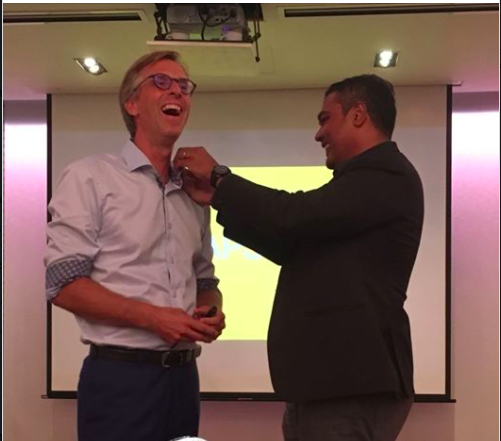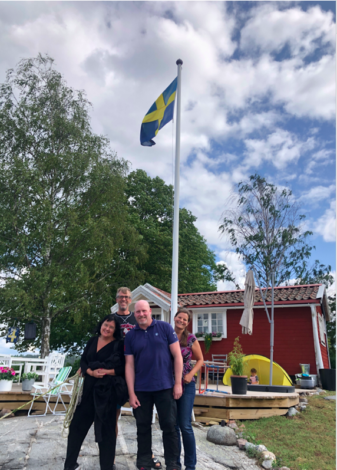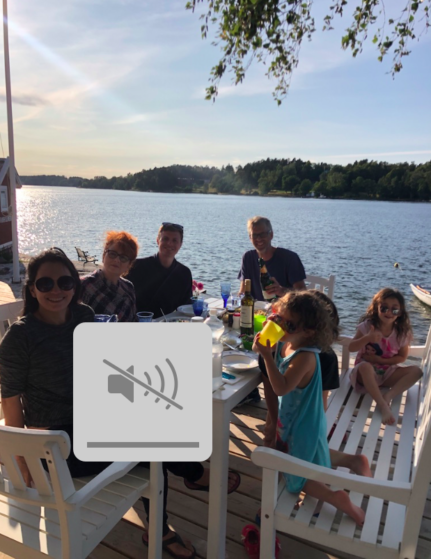Today I want to talk about why we sometimes – on purpose – need to do things we do not like to do
About a year ago I stepped into the role of President of a non-profit member association for professional speakers (Asia Professional Speakers Singapore. www.AsiaSpeakers.org)
I did it because being part of a speaker association like APSS has given me a lot of value as a professional speaker, and I felt it was time to give back.
But anyone who knows me knows that:
– I do not like to lead people while being in an official role.
– I do not like to do any admin or finance tasks, especially not with other people’s money.
– I do not like bylaws, constitutions, minutes, and other formalia associated with, for example, not-for-profit organisations
– I do not like to be in the spotlight (Which might sound weird for a person making a living as a speaker, but when I give a speech I see it as me being there to deliver a message, but as President you get a lot of attention on you as a person.)
– And I really like to be in charge of my own time and not have to be dependant of external factors or other people (that is one reason why I love the idea of being a professional speaker because it gives me such freedom over my own time.)
And yet I decided to become President of the speaker association.
Why?
Because I wanted to step into my uncomfortable zone and do something that went against my intuition.
(And also because I felt that since APSS had given me so much of value I could not use the excuse that did not want to be President when I was asked to serve.)
I am happy that we had an amazing year with a record profit, record numbers of members signing up to join the association and record number of people attending the events of the association.
I am a big fan of speakers spending time on things that really give them energy and doing more of the things that they enjoy doing and that works. A lot of my success as a global keynote speaker comes from me following the “law of least resistance” where I focus on the things that give me the best work for the least amount of boring work.
But I also want to encourage you to – once in a while – pick a project that really pushes you to do things you think you really do not like to do. Because these things might be the things that really make you grow.
I did not want to be the President of the speaker association, actually I dreaded it, but now that I have done it I am happy that I pushed myself to do it. Not because I ended up enjoying it (it was less dreadful than I thought but I can not say I enjoyed it), but because pushed myself into my own uncomfortable zone.
We talk a lot about “getting our of your comfort zone”, but getting into your uncomfortable zone is different. It is about searching out something that you really do not like to do in order to push yourself though it.
Which door do you dread to open? What would happen if you pushed yourself to open it?
I meet so many people who want to be speakers who “dread writing that book” because “they can not write”, who “dread speaking in English” (if that is not their first language), or who “dread picking up the phone to call potential clients” because they are “petrified by rejection” etc.
Write down that thing that really makes you uncomfortable and consider pushing through that.
In my case accepting to serve as President of a non-profit association with all the responsibilities and (unpaid) commitments that comes with that turned out to be like sailing towards what looked like a very dark cloud only to find out that the cloud was not as demanding as I had imagined, and that the wind the clouds generated actually pushed me into new interesting places.
So what makes you uncomfortable?
ps. 1. If you are not yet a member of a professional speaker association, do consider joining one. If you live in Asia please check out www.AsiaSpeakers.org, it is a lovely community of speakers helping each other become better.
ps. 2.
A few weeks ago I wrote a post about the importance of “batching” your blog posts, a post that was different from my other posts because it was a post about what I needed to do – not about what I do. And it was an authentic post. Because I did not start to “batch” posts after writing that post ;-D (From now on I will continue to write posts in this blog about things I do (!) – not things I “wish I did”. I still think batching posts is a good idea, but I think I should only share in this blog about what I actually do to become better as a speaker – not what I wished I would be doing. So apologies for not posting last Monday as I was away in North Korea without access to the Internet.
(Picture from when I took over the helm as President from the previous President, Jerome Joseph.)



